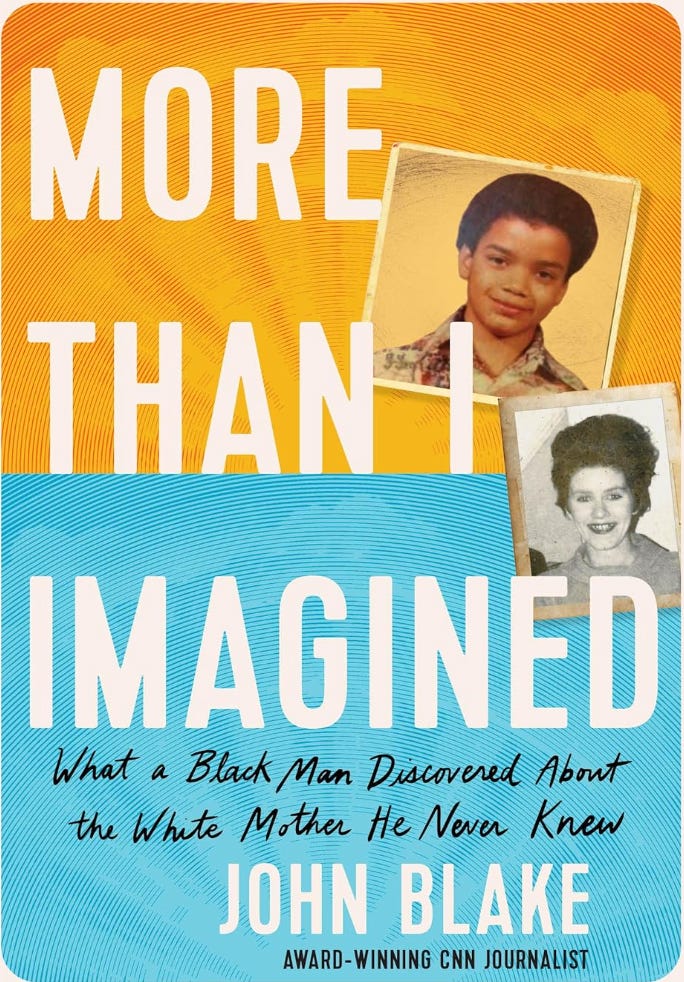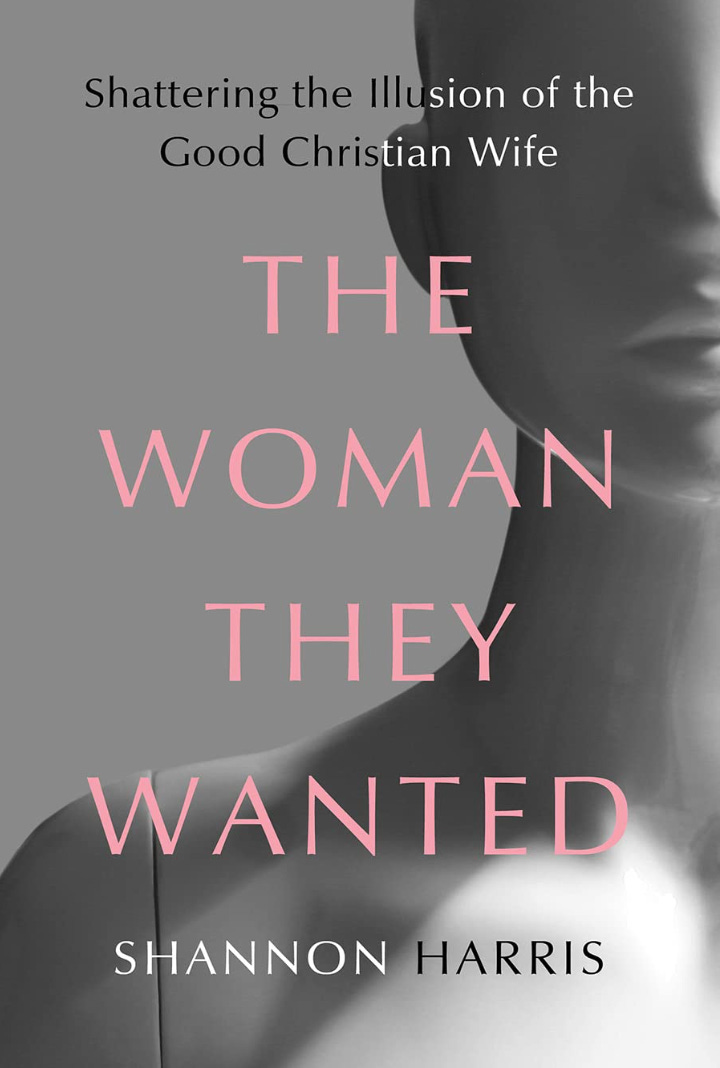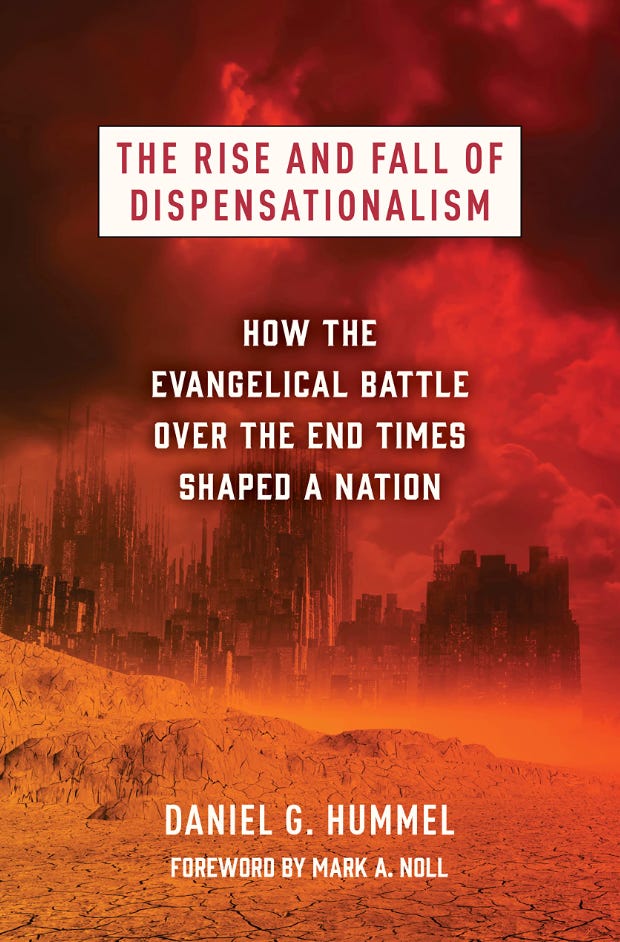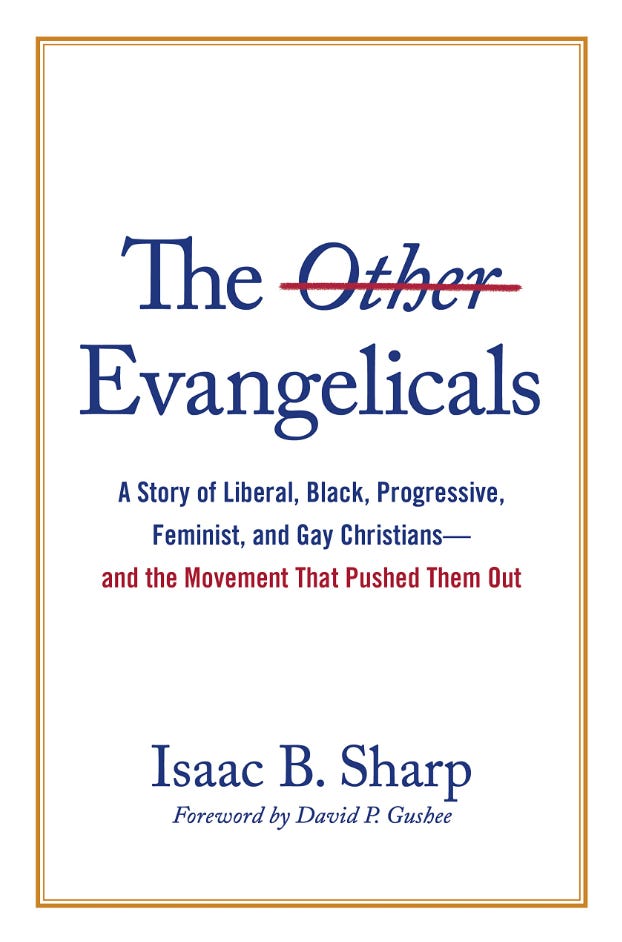Each year I publish my favorite books of the year. My listing of books is not based on having read 1000 books, or even having skimmed through 1000 books, but is instead based on books that crossed my desk, that grabbed my attention, that kept my attention, and that I think fit what the late Justice Antonin Scalia once said about good writing: “I think there is writing genius as well – which consists primarily, I think, of the ability to place oneself in the shoes of one’s audience; to assume only what the assume; to anticipate what they anticipate; to explain they need explained; to think what they must be thinking; to feel what they must be feeling.”
This year’s nomination is nominations. Four books got, grabbed, and kept my attention in their own way. So, this year’s Book of the Year is Books of the Year. And though some others are mentioned below, the voting for me this year was anything but easy. At one point I had all these books on my list for the book of the year.
In alphabetical order:
John Blake, More Than I Imagined: What a Black Man Discovered about the White Mother He Never Knew. More than a dozen times, as I was reading this book, I put it down and either muttered or said aloud, Wow! Most of the time John Blake is telling a story for us, not telling a story to us. At times, he steps out of that narrative mold to preach a little, but the stories do all the work in this book. It's a story about racism transcended and, as Blake frames it over and over in this book, “facts don’t change people; relationships do.” It was in getting to know different members of his family, and then eventually his mother and her family, that broke down some of Blake's racism and allowed him to transcend it with love in a relationship.
Shannon Harris, The Woman They Wanted, which I did not discuss on this Substack, takes apart the complementarian ideal for the woman and for the pastor’s wife because of what that ideal does to a woman’s self-identity. I was invited to endorse this book. I did not know much about her ex-husband, Joshua Harris, nor did I know much about the purity movement that he nurtured. But I simply could not put this book down as I read it. Short, elegant chapters. Poetic, lyrical. Vulnerable. Her graciousness to herself and to her ex-husband became abundantly clear in the book, as she reserved her deepest barbs for her erstwhile pastor, CJ Mahaney. This book will be healing for many women who simply could not adjust to or fit the complementarian's wife.
Daniel G. Hummel, has written a landmark study of the rise and fall of dispensationalism, The Rise and Fall of Dispensationalism: How the Evangelical Battle over the End Times Shaped a Nation. Partly because of my past, that is, growing up in dispensationalism, and partly because of my interest in the Book of Revelation, this book arrived at the right time for me. Detail after detail, leading thinker after leading thinker, Hummel takes us through the development, the popularity, and the demise of dispensationalism, especially in American culture. Hummel provides a brief sketch of the major elements of dispensationalism: (1) eschatology, (2) literal hermeneutic, (3) a theory of time and history, (4) a bifurcation of the people of God into Israel and church with two differing roles, one earthly and one heavenly, (5) an entire biblical hermeneutic, (6) some tension over its theory of personal salvation – some with a more holiness emphasis, others with a “free grace” theory (Zane Hodges, ever hear of him?), (7) a social theory and critique, (8) a “cultural production and consumption” dimension, (8) it was for dissenters and populists who formed into a strong dissenter culture, and (9) originally more Great Lakes and only later did it move to Dallas and Texas and California.
Isaac B. Sharp, The Other Evangelicals. Clever title with a subtitle providing the answer of who these others are: A Story of Liberal, Black, Progressive, Feminist, and Gay Christians – and the Movement That Pushed Them Out. In spite of the battle between George Marsden and Donald Dayton over which group best explains evangelicalism – Reformed/Calvinism or Pentecostal/Holiness – the challenge was met as much by argument as it was by, well, power. A perception of evangelicalism turned into a reified understanding since the 1970s and 1980s or so. It includes (1) beginning with fundamentalism, (2) it formed into the post WW2 neoevangelical coalition that separated itself from fundamentalism, (3) midcentury America led to a powerful network of evangelical churches, leaders, and institutions, including publishing houses, (4) the Religious Right formed into a political wedge, and (5) one argues the movement is either waning or waxing. Sharp’s question is how this conventional history became conventional. Hear this: “the neoevangelical coalition was undeniably successful in at least this sense: they invented an evangelical identity that caught on in the 20th century American context in a major way” and “by staking a claim for a new identity space called evangelical, such leaders were simultaneously claiming the power to define evangelical identity however they saw fit.... The leaders of the 20th century evangelical movement were able to secure their understanding of evangelicalism as the mainstream version. In so doing, their definition of evangelical identity became canonical.”
Of course, other books deserve to be mentioned:
Thomas McCall, Caleb Friedemann, and Matt Friedemann, The Doctrine of Good Works: Reclaiming a Neglected Protestant Teaching.
Sandra Glahn, Nobody’s Mother: Artemis of the Ephesians in Antiquity and the New Testament.
Carolyn Moore, When Women Lead.
Amy Peeler, Women and the Gender of God.
These books, and more, have been described, reviewed, and discussed on this Substack throughout 2023. I look forward to 2024’s reading. Please join us.








Thanks for reviewing our book on your Substack. And...for making your "deserved to be mentioned" list. An honor, to be sure. Work on!
Shannon’s book absolutely deserved that honor. Breathtaking writing. I underlined half the book.